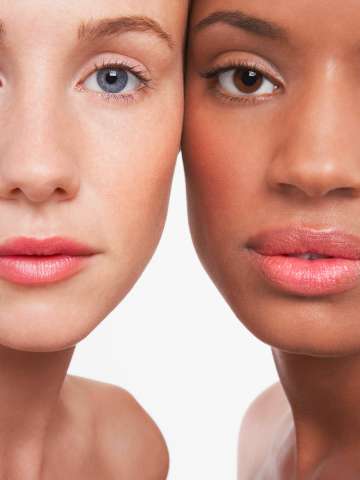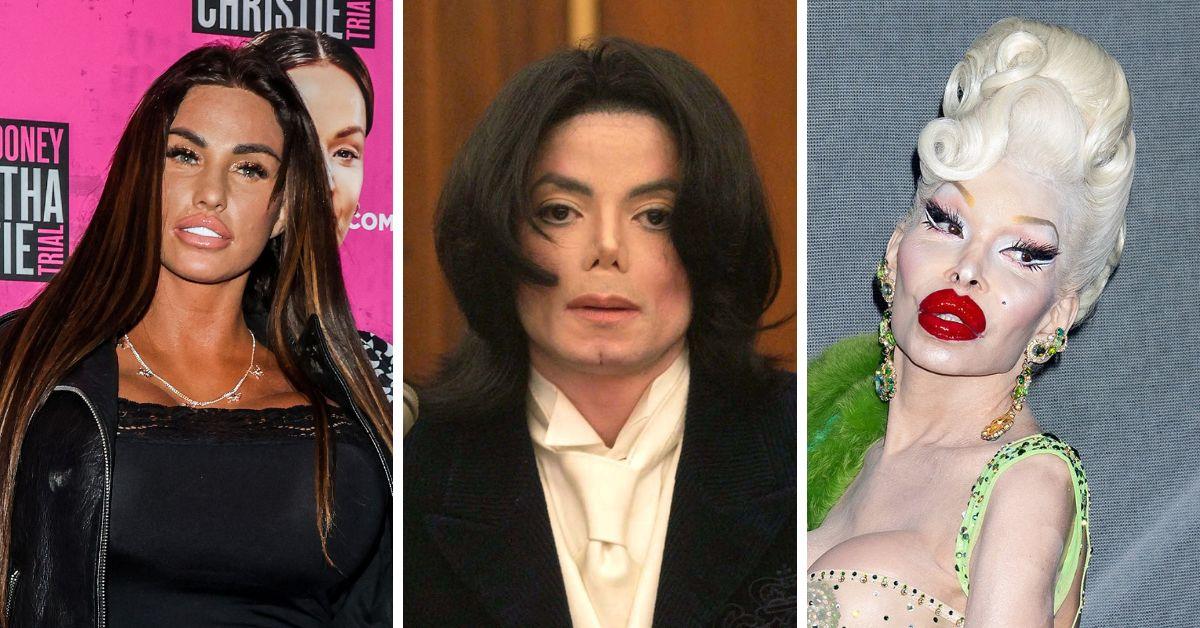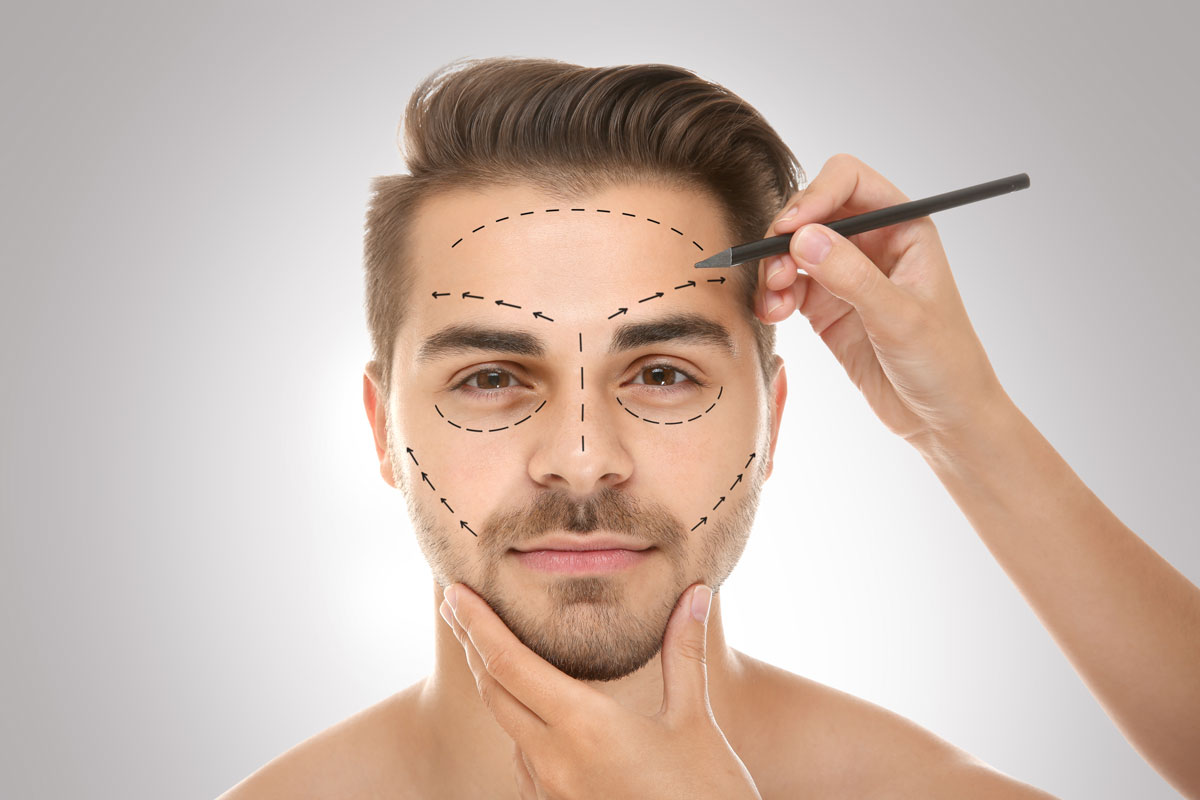Plastic Surgery Inland Empire: Attain Your Desire Look with Specialist Treatment
Checking Out the Emotional and Social Elements That Drive People to Think About Cosmetic Surgery as a way of Improvement
The choice to go after cosmetic surgery frequently expands past plain looks, intertwining with social and psychological characteristics that warrant detailed evaluation. Factors such as self-confidence, pervasive social elegance requirements, and the prevalent influence of social media assemble to form individual inspirations for surgical improvement.
The Function of Self-Esteem
Self-esteem considerably influences a person's decision to pursue plastic surgery. Individuals with low self-worth commonly perceive themselves in a negative light, resulting in feelings of insufficiency regarding their physical look. This negative self-perception can drive them to look for surgical interventions as an approach of enhancing their self-image. The wish for renovation in one's look is often linked to a belief that such adjustments will certainly raise their overall self-regard and self-confidence.

Eventually, the role of self-worth in the decision-making procedure regarding cosmetic surgical treatment highlights the complex interplay between body image, individual contentment, and psychological health. Comprehending this connection is important for medical care professionals to make sure that people are making informed choices rooted in reasonable expectations and psychological health.
Societal Elegance Standards
Influenced by pervasive media portrayals and social stories, societal appeal criteria play a critical duty fit people' understandings of their very own bodies. These requirements are usually defined by an idyllic form of charm that highlights qualities such as symmetry, youthful vigor, and slimness. As these ideals are bolstered with numerous channels, consisting of television, movie, and advertising, individuals frequently internalize these messages, causing discontentment with their all-natural look.
The effects of these social standards extend past aesthetic choices; they can impact self-worth, psychological wellness, and social connections. Individuals who regard themselves as dropping brief of these standards may experience sensations of inadequacy, prompting a need for cosmetic surgical treatment as a way of attaining societal approval. This pursuit is commonly sustained by the belief that adhering to these perfects will improve not just physical look but additionally social standing and individual fulfillment.

Influence of Social Media
The influence of societal beauty requirements is further magnified by the rise of social networks platforms, where curated images and idyllic representations of beauty are ubiquitous. Individuals are continuously exposed to filtered and modified pictures, which often depict unattainable physical attributes. This direct exposure cultivates a culture of contrast, leading people to analyze their own appearance versus these often unrealistic criteria.
Social media site influencers and stars regularly promote cosmetic treatments, stabilizing the idea that surgical improvements are a practical methods for achieving social suitables (plastic surgery rancho cucamonga). The exposure of these enhancements can create an understanding that undergoing plastic surgery is a basic method, thus affecting individuals to think about similar interventions as a pathway to enhanced self-confidence and social approval
Furthermore, the interactive nature of social networks permits instant feedback through likes and comments, further reinforcing the desire to satisfy prominent appeal requirements. Such interactions can exacerbate sensations of insufficiency and drive people toward plastic surgery as a way of getting validation. Eventually, social media plays a crucial function in shaping assumptions of beauty, which significantly influences the decision-making processes surrounding cosmetic surgery.

Social Point Of Views on Look
Across important link numerous societies, understandings of look are deeply rooted in historic, social, and economic contexts, shaping individuals' sights on appeal and desirability. In many cultures, appearance functions as a significant pen of identification, influencing social status, specialist chances, and personal partnerships. For instance, in some cultures, light skin is typically connected with wide range and benefit, while others might glorify darker complexion as symbols of stamina and credibility.
Furthermore, typical appeal standards are redirected here often bolstered with cultural stories, media representations, and household affects, causing differing ideals throughout various regions (plastic surgery rancho cucamonga). In Western cultures, the emphasis on youth and physical conditioning usually drives people toward aesthetic improvement, while in particular Eastern cultures, more subtle changes straightened with traditional aesthetic appeals might be liked
Globalization and the proliferation of electronic media have actually further made complex these characteristics, producing a hybridization of charm suitables that transcends geographical borders. As individuals significantly navigate these cultural narratives, the stress to satisfy specific appearance requirements can lead to the need for cosmetic surgery, reflecting a complicated interaction of social worths and personal aspirations. Comprehending these cultural point of views is crucial in addressing the inspirations behind plastic surgery factors to consider.
Emotional Effects of Aesthetic Surgery
Several people looking for cosmetic surgical procedure report experiencing extensive emotional impacts that can significantly modify their self-perception and emotional wellness - plastic surgery rancho cucamonga. The wish for physical improvement commonly stems from underlying concerns such as low self-esteem, body dysmorphic condition, or societal pressures regarding beauty standards. For some, the immediate post-operative phase can lead to a temporary boost in self-esteem and satisfaction with their appearance, promoting a feeling of empowerment
Nevertheless, these positive sensations may not be enduring. Study shows that while some patients experience enhanced self-worth, others may encounter elevated anxiousness or anxiety if their assumptions are not met. This disparity can occur from unrealistic suitables perpetuated by media depiction and cultural narratives surrounding elegance.
In addition, the emotional ramifications of cosmetic surgical a knockout post procedure prolong past the person. Relationships with friends and family may be strained as social dynamics shift, resulting in feelings of seclusion or alienation. Inevitably, the psychological influences of cosmetic surgical treatment are complex and intricate, needing cautious consideration by both possible people and medical care carriers to make sure informed decision-making and realistic expectations.
Conclusion
Finally, the decision to seek cosmetic surgical procedure is considerably affected by a combination of self-confidence problems, social charm criteria, and social viewpoints on appearance. The prevalent reach of social media further aggravates these pressures, advertising impractical ideals that people often aim to acquire. Recognizing these mental and social aspects is crucial for addressing the motivations behind cosmetic surgery, highlighting the need for a more nuanced conversation bordering elegance and self-acceptance in contemporary culture.
The choice to seek cosmetic surgical treatment often extends past plain visual appeals, intertwining with social and psychological dynamics that merit thorough examination. Ultimately, social media plays a crucial role in shaping perceptions of appeal, which dramatically influences the decision-making processes surrounding cosmetic surgery.
As individuals progressively navigate these cultural narratives, the stress to adapt to details appearance requirements can lead to the need for cosmetic surgical treatment, showing an intricate interplay of social values and individual aspirations.In final thought, the choice to pursue cosmetic surgical procedure is substantially affected by a combination of self-esteem issues, social appeal requirements, and cultural viewpoints on look. Recognizing these social and mental factors is crucial for resolving the inspirations behind cosmetic surgery, highlighting the demand for a much more nuanced discussion surrounding charm and self-acceptance in contemporary society.